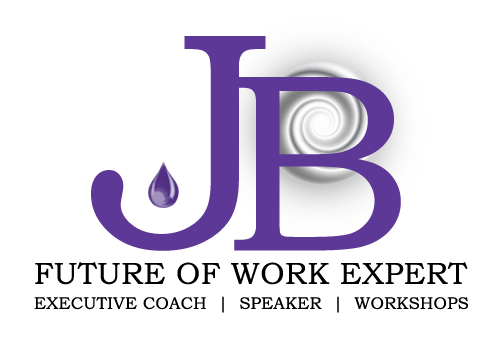How can we reduce micros stresses in our lives by reducing shadow work?
What is Shadow work?
As early as the 1970’s some marketing guru or businessperson or some economist came up with the idea of how to make more money for organisations by getting the customer who is buying the product to do the work to get their purchase.
In 1981 Ivan Illich named this transfer of work from the organisation to the customer as Shadow Work. It however didn’t gain traction until Craig Lambert wrote a book with the same name but with a subtitle that said, “The unpaid unseen jobs that fill in your day in 2015”.
What are some examples?
In the 2020’s we now expect to do the work ourselves to get the products we want. It is now normalised. Could you imagine that there was a time when there was a service attendant that pumped our gas, washed our windscreen, and even checked out tyres for free while we sat in the relaxing comfort of our car. Today the customer pumps their own gas, often rushing to get the job done and adding to the list of daily micro stresses along the way.
Or could you imagine that there was a time that someone booked your luggage in on the sidewalk before you entered the airport for your convenience and comfort of not lugging your bags. Today we book our own flights, our seats, and bags with the ever-lurking potential of micro stresses as something does not quite go to plan.
How many of us now scan our own groceries rather than queuing for an attendant? To my surprise last week when I did get in the attendant line, she asked me to pack my own groceries while she just scanned. As I rushed to pack the groceries fast enough to keep up with the scanning, I realised this was yet another opportunity to add to my daily list of micro stresses.
What are some unintended consequences?
This may be modern progress and like anything we get used to the new rules however I would suggest by downloading tasks to consumers it does the following:
- Every micro job can be a micro stress that collectively can add up to a macro stress.
- It takes away the opportunity to casually socially interact with people which increases social isolation and again can create micro stresses.
- It also limits the number of opportunities for low-skilled entry level jobs which for some people are critical for growth and employment.
How can you reduce the micro stresses of shadow work?
In my executive coaching practice, many clients are trying to manage so many jobs big and small that it naturally increases their stress levels. The big stresses are often easy to recognise but not the impact of a collection of daily micro stresses.
- The first step is to raise awareness of all the activities that are creating micro stresses.
- List all the jobs that you do daily or weekly that are creating micro stresses including shadow work activities.
- Look at alternative options to reduce or eliminate those micro stresses before they collectively become a macro stress.
What are some examples?
- Can a carpool be organise to drop children off at school or go to sport with friends and neighbours.
- Instead of fighting the traffic is public transport an option. If possible, organise meetings close to that transport hub.
- Instead of shopping every day, do a weekly shop or use an online service.
- Get the lightest maximum capacity cabin luggage so you don’t need to check in luggage where possible.
- Identify what technologies can make your life easier and learn how to use them effectively rather than complex technologies that open us to micro stresses.
This is a simple exercise however it raises awareness and can encourage actions that can help reduce our overall stress levels.
Of course, most of this is common sense you would say. I would say unless our awareness has been raised, we are not consciously aware of the impact of micro stresses, like shadow work can create. Instead, we accept a constant level of elevated stress as normal, and therefore have no need to change our behaviour.
This seemingly new normality is increasing our levels of stress hormones, keeping us like a battery constantly on until it isn’t. This is not good for either our physical or mental health.
We as a race needs to keep in context that our lifestyles may have radically changed but our biology hasn’t. Being constantly bombarded with micro stresses can burn ourselves out literally and figuratively. The question is what are the micro stresses that you can eliminate from your life to reduce the incidence of this. Maybe it is time to be aware and act accordingly.

